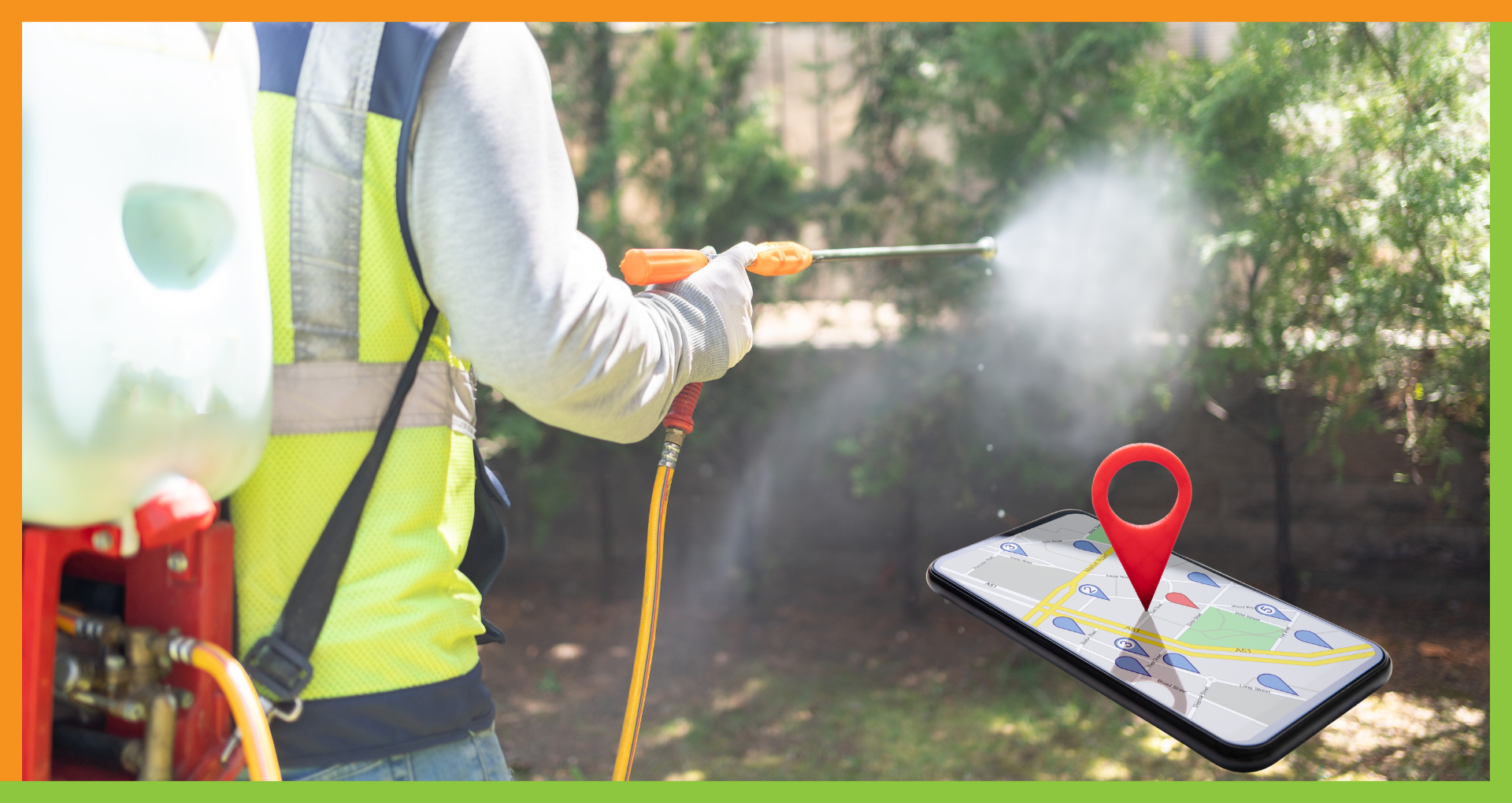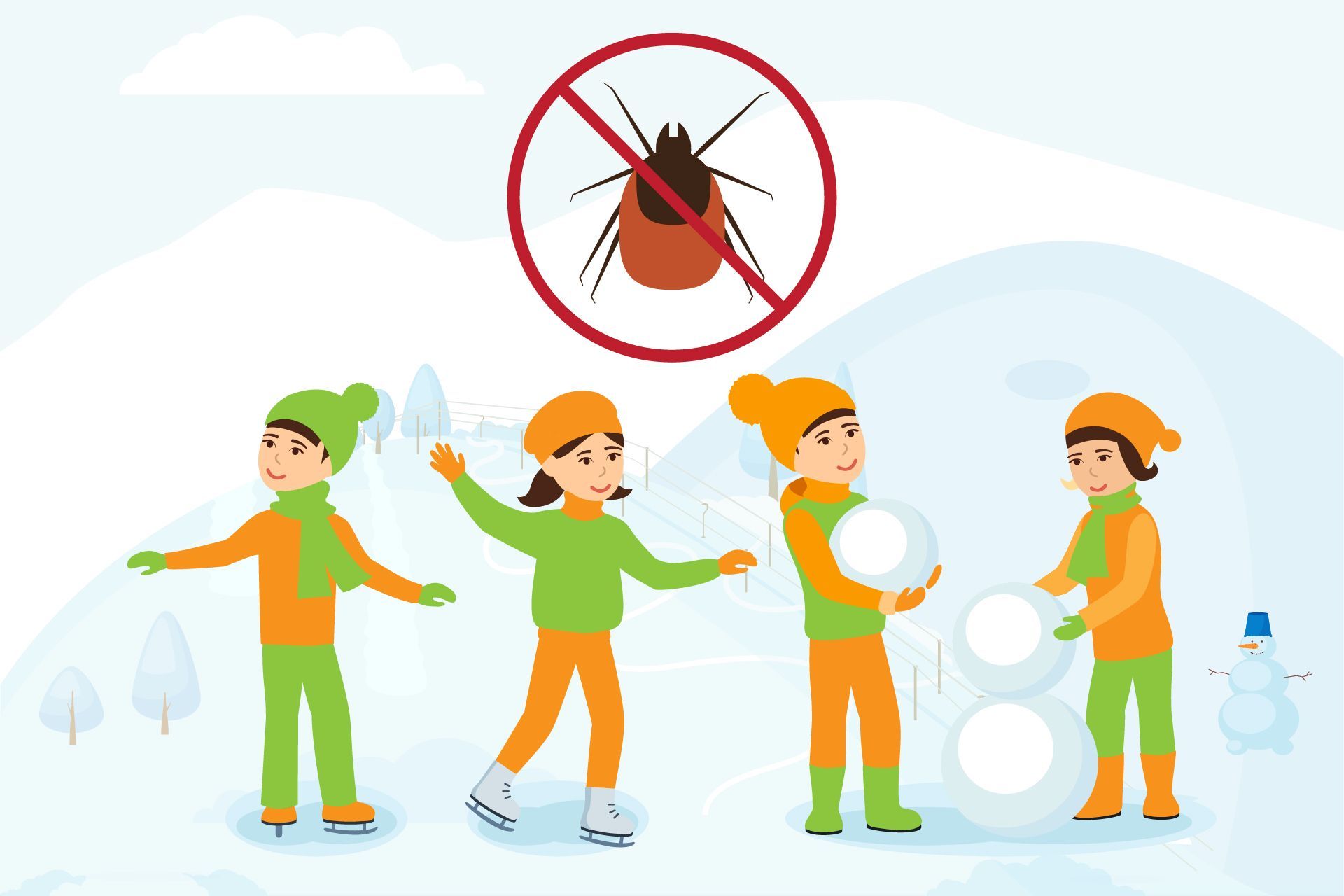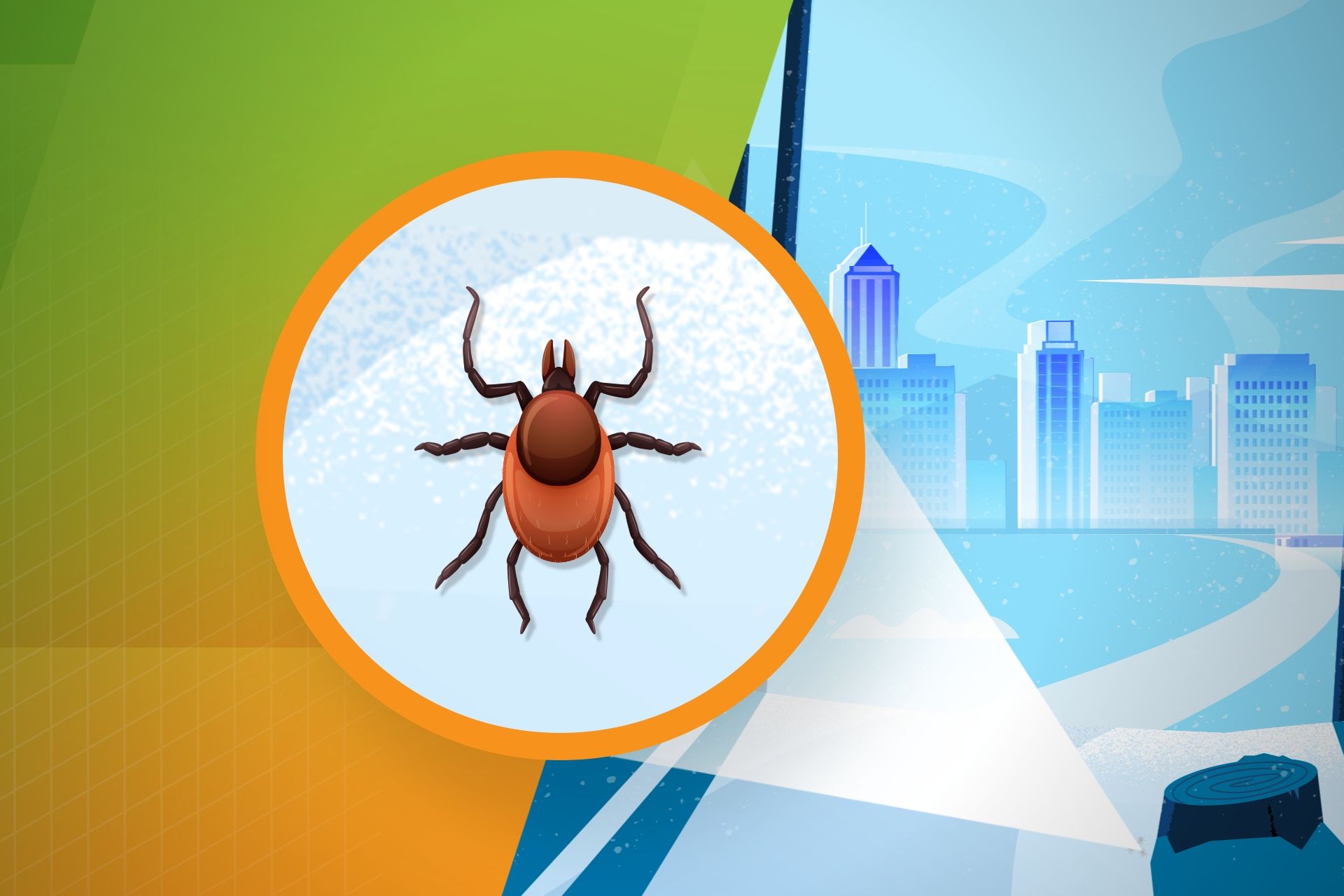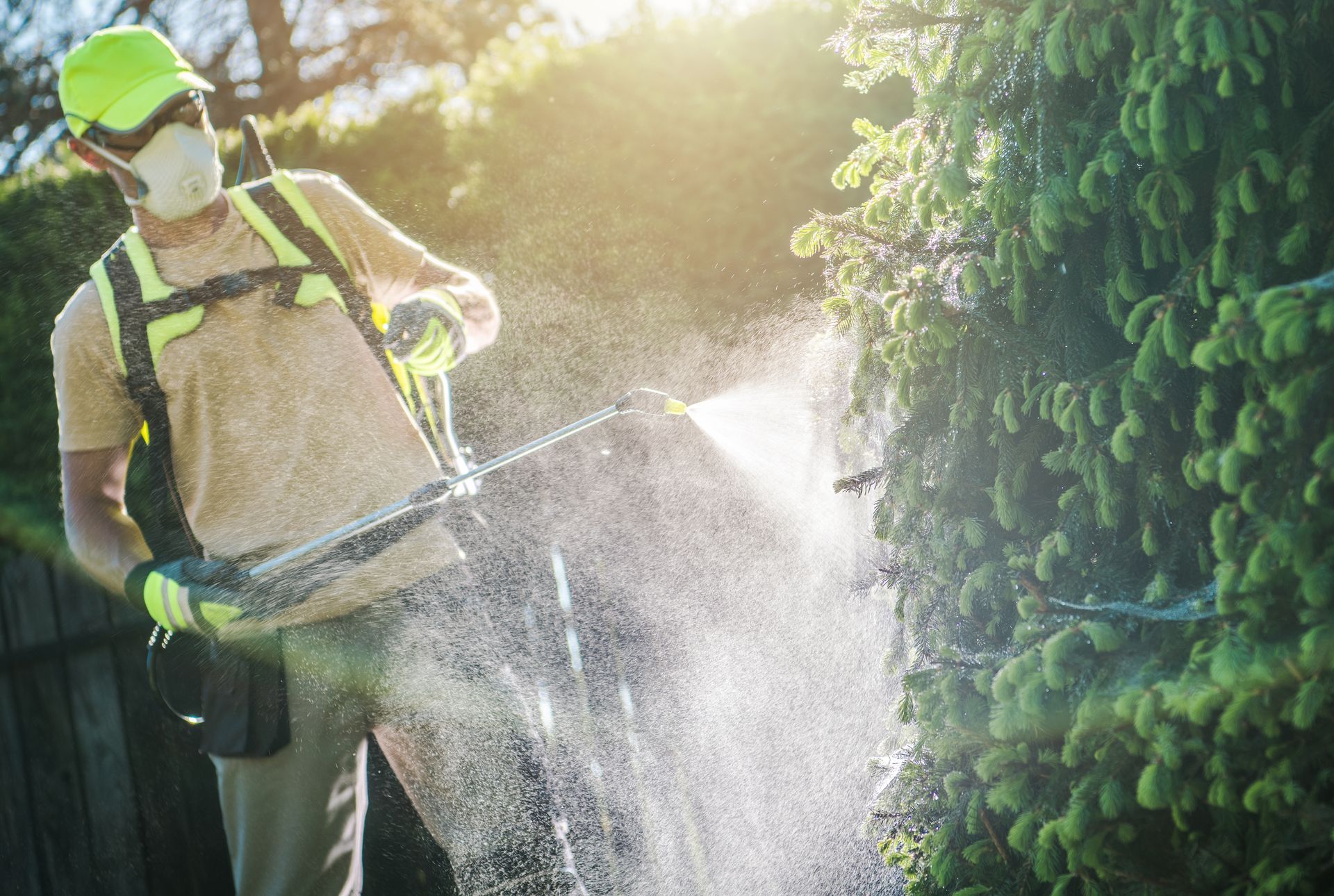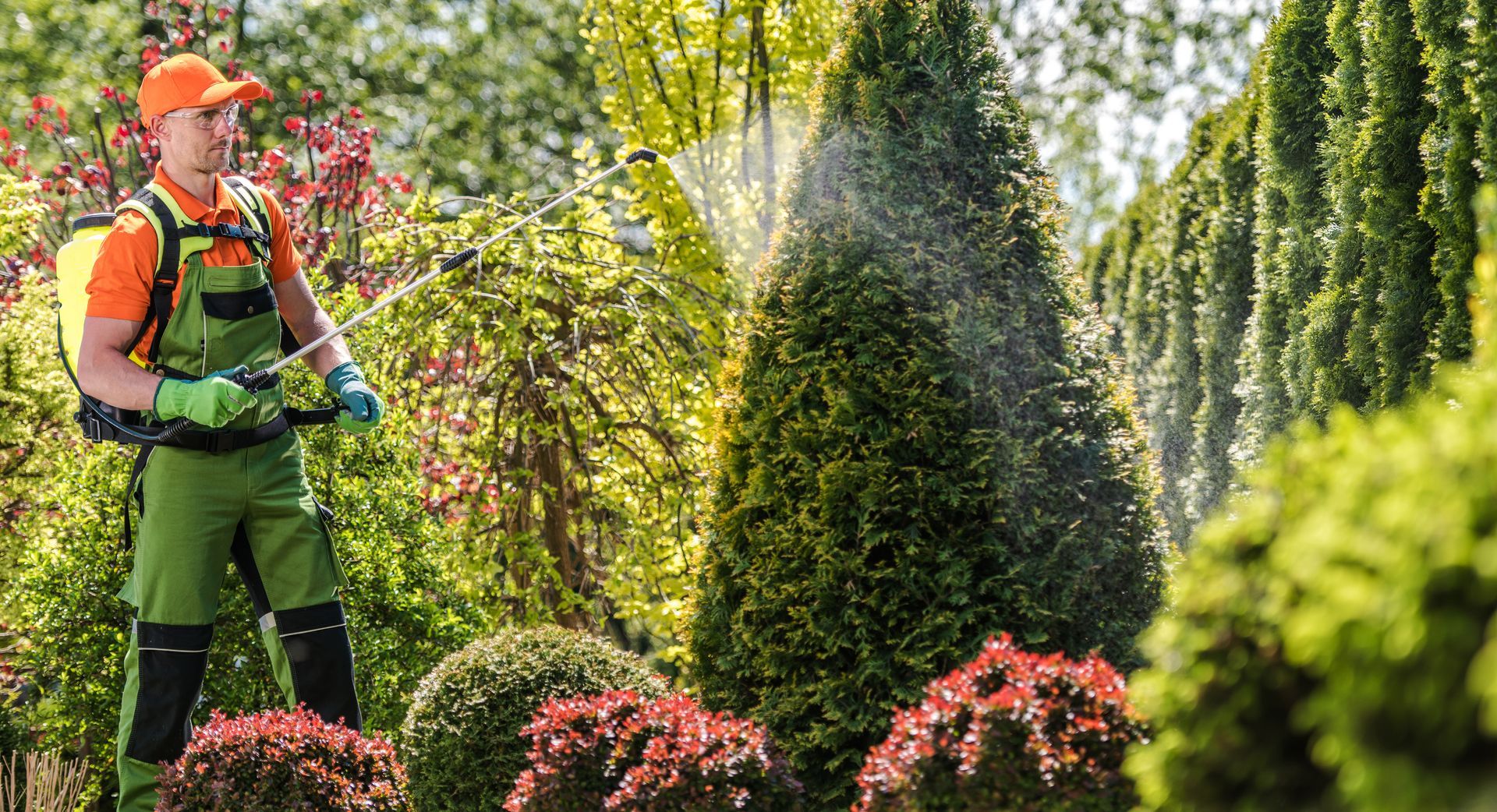Protecting Your Pets from Summer Pests: Mosquitoes, Ticks, Fleas, and More
Summer’s the season for sun-filled adventures and outdoor fun for you and your pets. We’ve been waiting all year for this, right?
Just remember, it's crucial to be aware of the potential risks that summertime pests like mosquitoes, ticks, fleas, and others can pose to our furry friends. They’ve been waiting all year for this too, unfortunately…
Today, let’s explore some effective strategies to help protect your pets from these pesky critters, ensuring their health and well-being, and letting you enjoy a little extra peace of mind as you soak up your outdoor activities.
Understanding the Risks
Let’s start with the bad news.
Mosquitoes, ticks, and fleas are more than just annoying pests. They can actually transmit dangerous diseases to our pets, leading to serious health issues. Mosquitoes, for instance, are notorious carriers of heartworm disease, which can be fatal if left untreated. Plus, they can cause allergic reactions, resulting in discomfort and incessant itching.
Ticks carry diseases like Lyme disease, anaplasmosis, and ehrlichiosis, which in turn can cause lameness, fever, and even organ damage.
Fleas not only cause intense itching but can also transmit tapeworms. It might not be fun to hear, but understanding the risks is the first step towards protecting our pets.
Tips for Protecting Your Pet from Fleas, Ticks, and Mosquitoes
How about some good news? You have tools at your disposal that can help protect your fuzzy friends, cutting down on the risk factors in a big way.
1. Using veterinary-approved flea and tick preventives
These medications come in various forms: topical treatments, oral medications, collars, and more. Consult your veterinarian to pick the right product for your pet, and be sure to follow their instructions carefully to line up the dosage frequency and amount with the species and weight of your dog or cat.
2. Implementing a regular tick-check routine
A daily check can be a lifesaver… literally! Catching and removing these little pests early drastically reduces the risk of disease transmission. Thoroughly check your pet after outdoor activities, paying close attention to warm, dark areas around their ears, paws, and armpits. Ticks love those little hiding spots. If you do find one, use fine-tipped tweezers to remove the entire tick (including their head). Disinfect the area afterward.
3. Creating a mosquito-free environment
The first step toward
cutting down your mosquito population is removing their breeding grounds. Standing water needs to go! You could also use pet-safe mosquito repellents and natural deterrents, like citronella or neem oil. There are even pet-safe bug sprays you can use that are made from natural, chemical-free ingredients.
4. Invest in pet-safe yard treatments for fleas and ticks
Some pest control companies use heavy-duty chemicals to treat mosquitoes, ticks, and fleas. This not only poses a threat to your pets (and children), but it can also kill off helpful bug species as well. It’s important to avoid these types of treatments since they damage your entire ecosystem, throwing the baby out with the bath water.
Look instead for all natural solutions. They’re still extremely effective, but more targeted in their approach, plus they’re completely safe for you and your pets.
Bonus Tips for Pet Safety This Summer
Keep these tips in mind!
- Avoid letting your pets roam through tall grasses, wooded areas, and stagnant water where ticks are commonly found.
- Use pet-safe repellents and protective clothing to reduce exposure.
- Regular grooming is essential for detecting and removing any pests that may have latched onto your pet.
- Maintain a clean and clutter-free indoor environment to prevent flea infestations.
FAQ Section:
Q. Are mosquitoes and ticks active all year round?
Mosquitoes and ticks are most active during the warm months, typically spring through fall, but their activity may vary depending on your geographical location and climate.
Q. What are some common signs of a tick or mosquito infestation in pets?
Signs may include visible ticks, skin irritations, excessive scratching, or tick bite lesions. Mosquito infestations, on the other hand, often result in itchy bites, redness, swelling, or allergic reactions in pets.
Q. How often should I have my yard treated for mosquitoes and ticks?
Recommended frequency varies, spending on your specific property. We’d suggest talking to a local pest control company about a treatment plan that would fit your needs. One important note: yard treatments are not a one-and-done proposition. You need to commit to an ongoing regiment for best results, consistently fighting back against pests that will continuously try to move into your outdoor space.
If you have more questions, contact us at Bite Back Mosquito and Pest! We specialize in natural pest management, with targeted, effective treatment options for mosquitoes, ticks, and fleas. Pests may be a part of life, but that doesn’t mean you need to live with them!
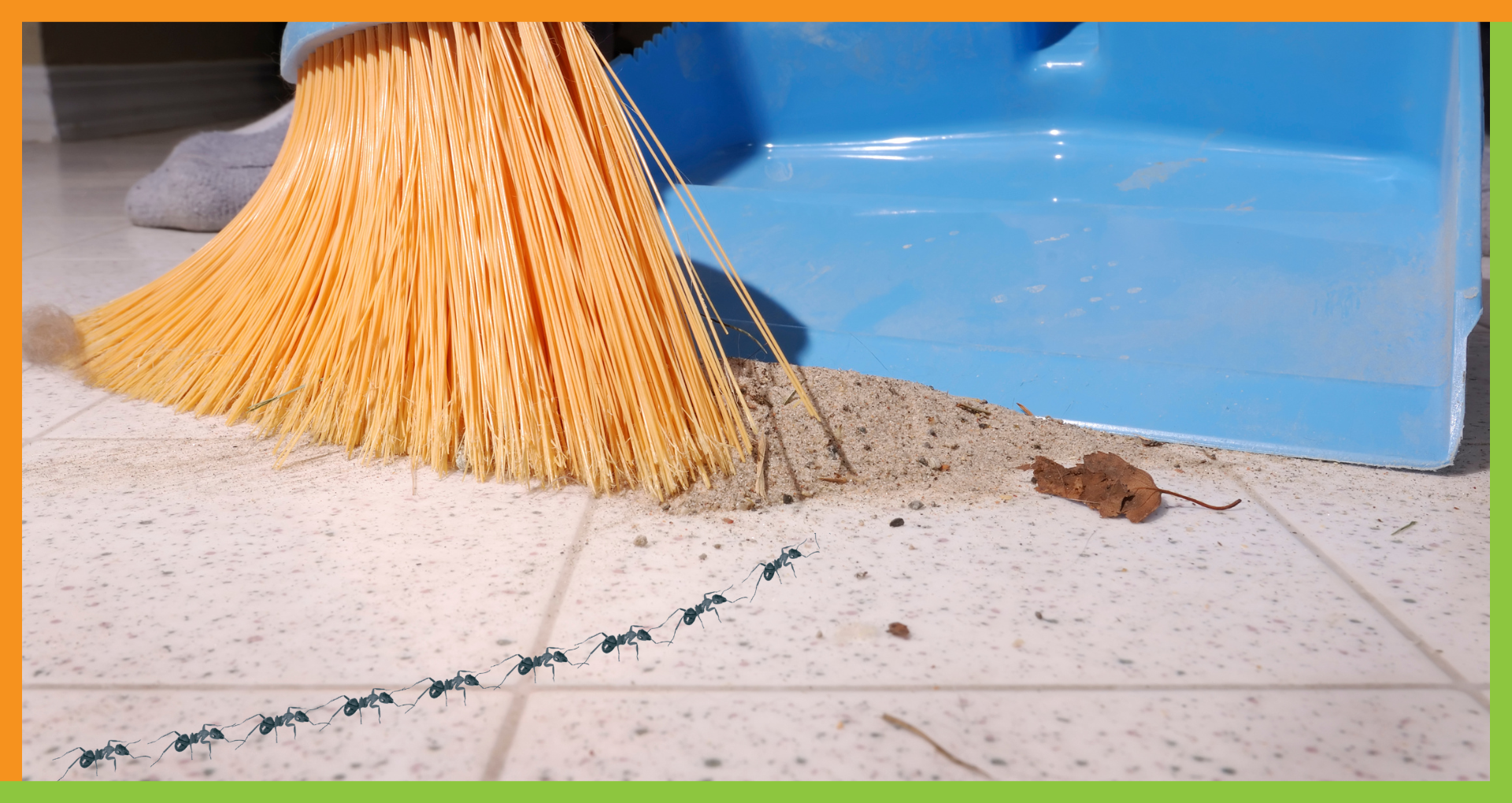
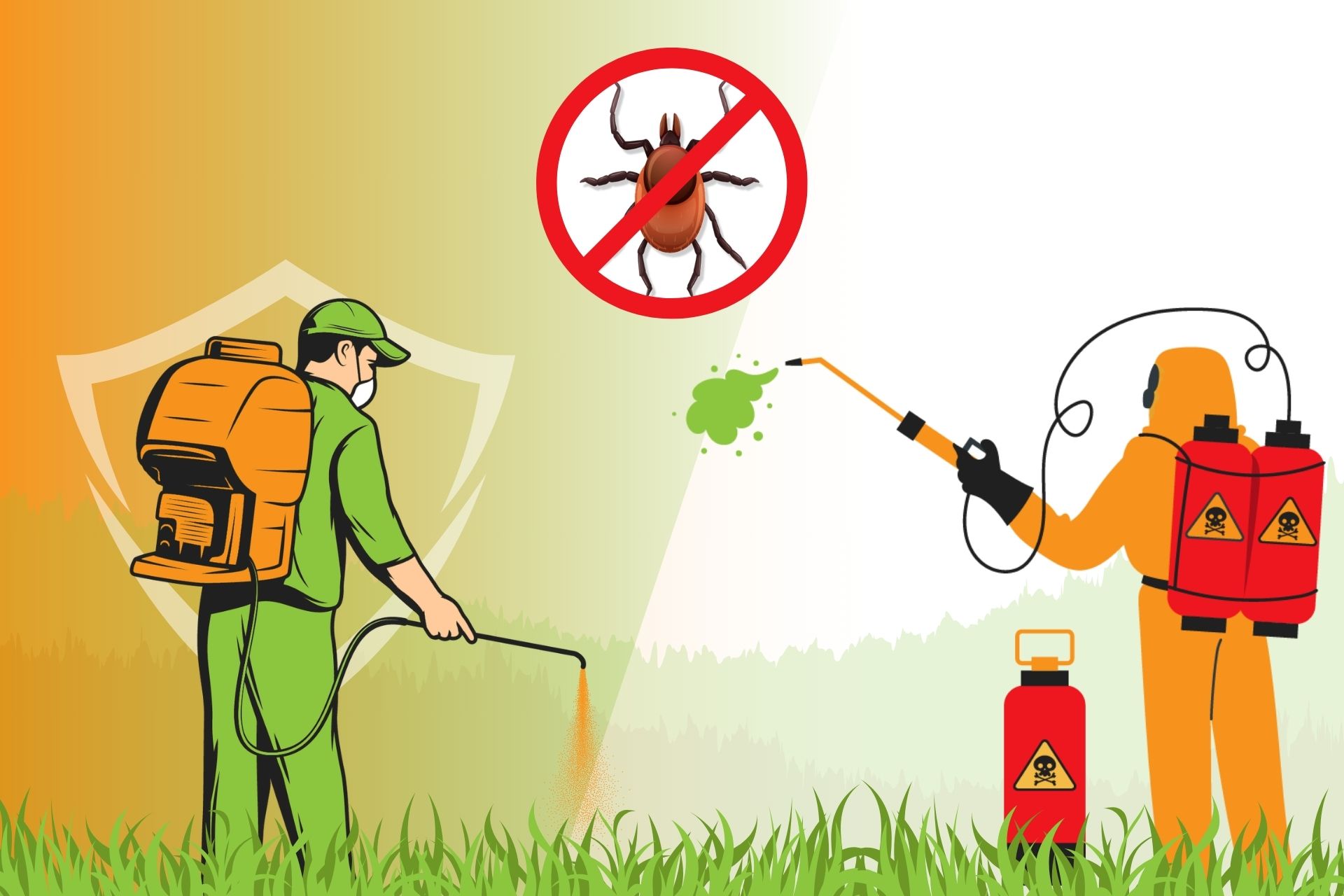
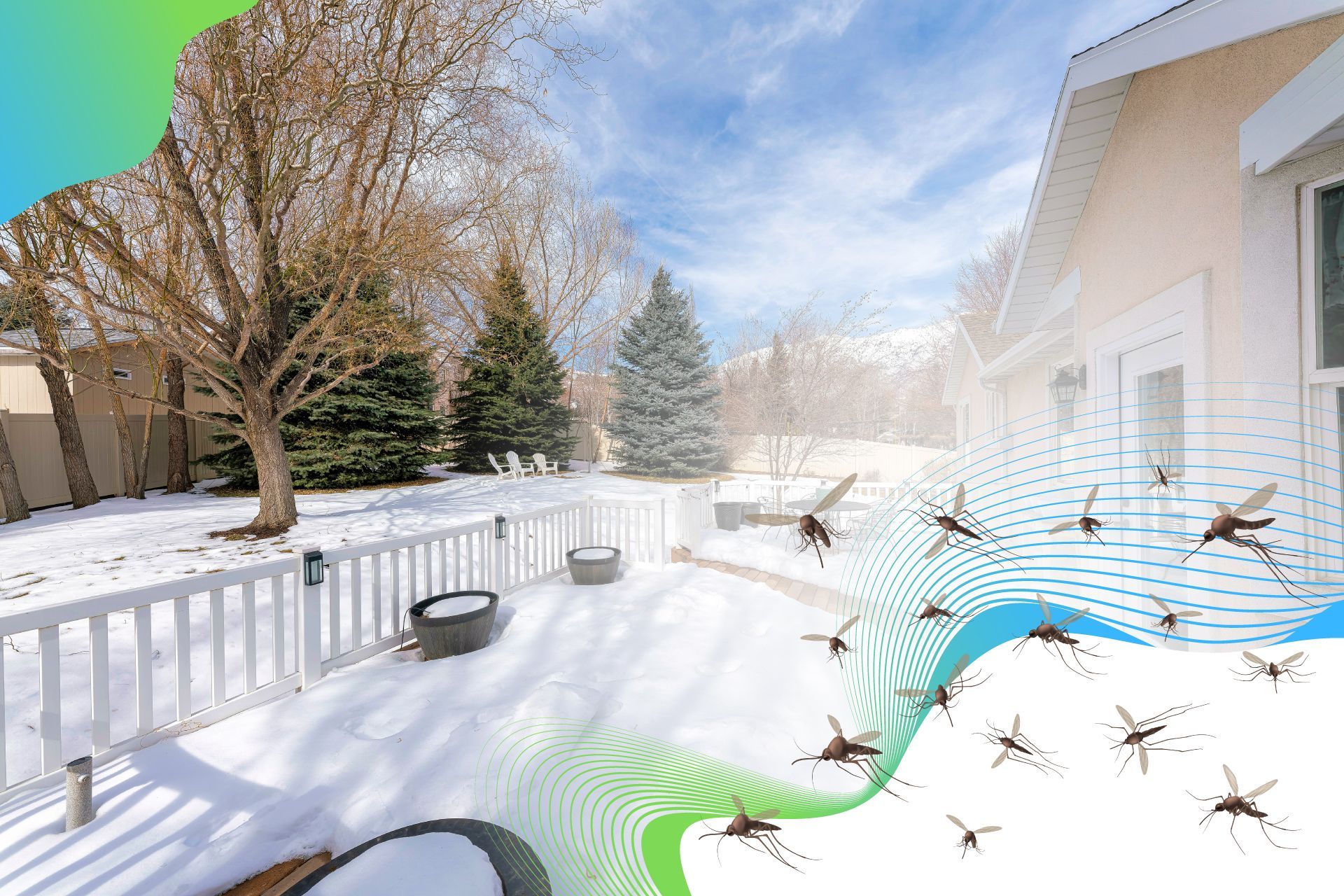
626 Park Road, #5
Cherry Hill, NJ 08034
130 Hickman Road, Ste 11
Claymont, DE 19703
1-833-924-7378
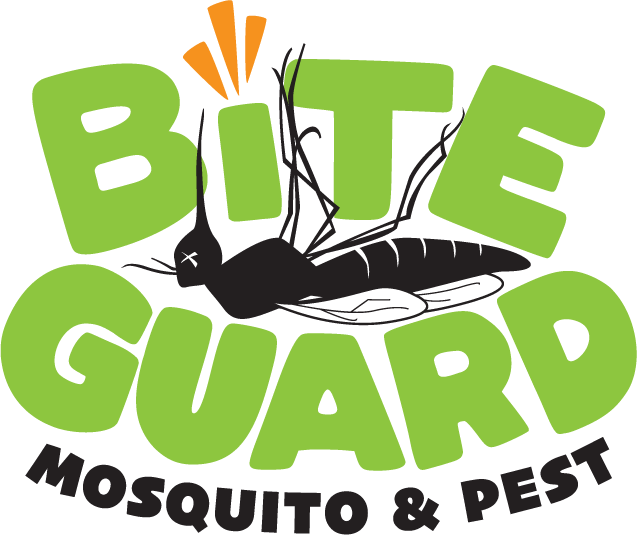
626 Park Road, #5
Cherry Hill, NJ 08034
130 Hickman Road, Ste 11
Claymont, DE 19703
1-833-9-BGPEST
1-833-924-7378
All Rights Reserved | Bite Guard Mosquito & Pest
